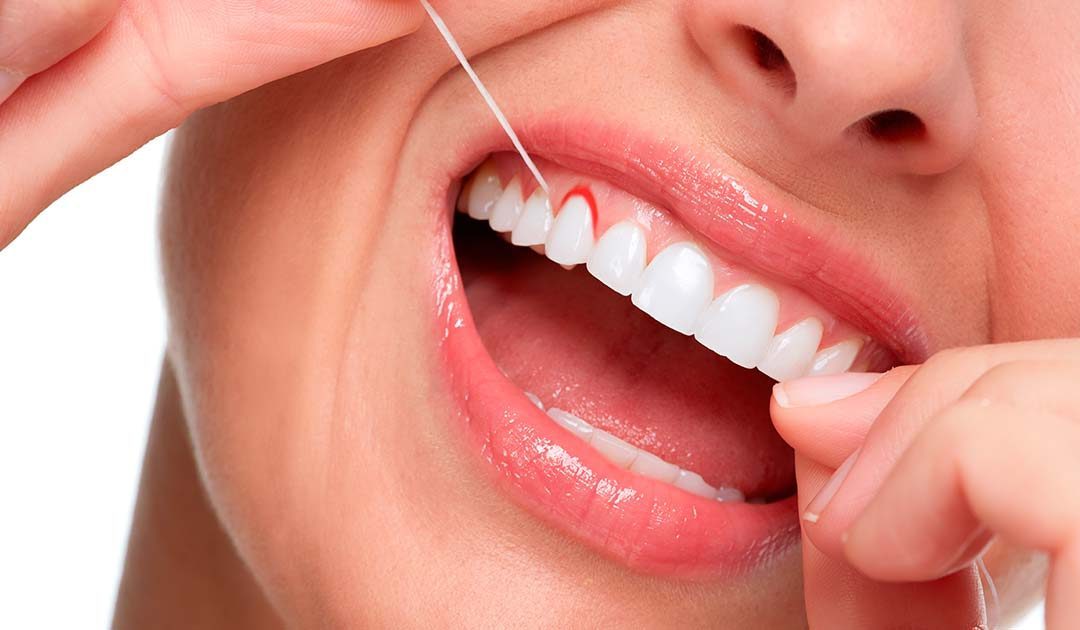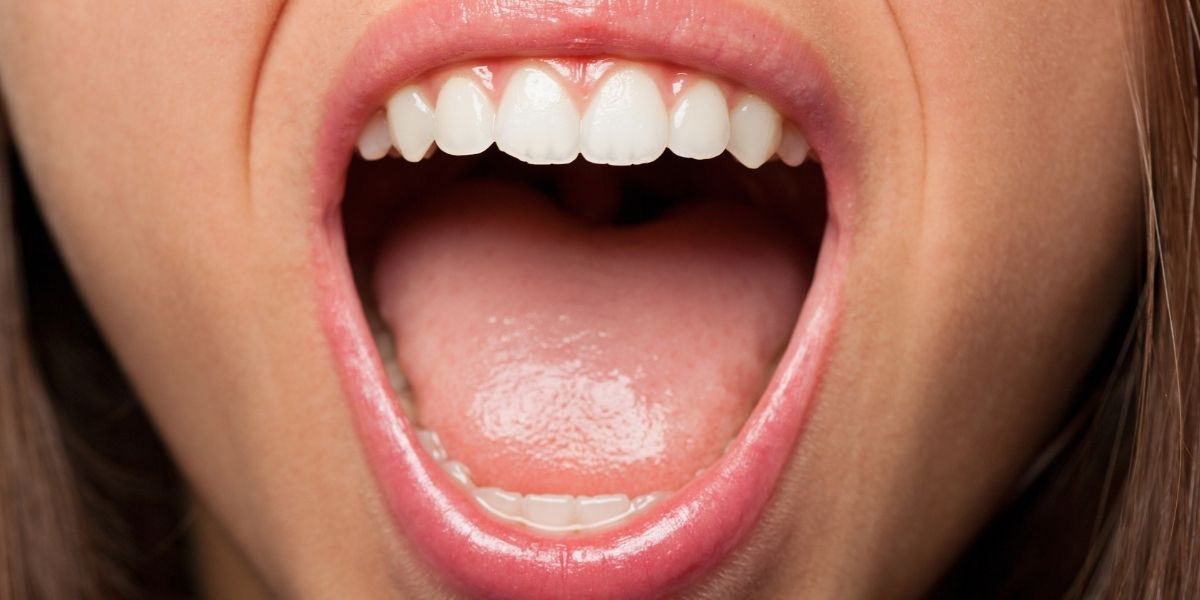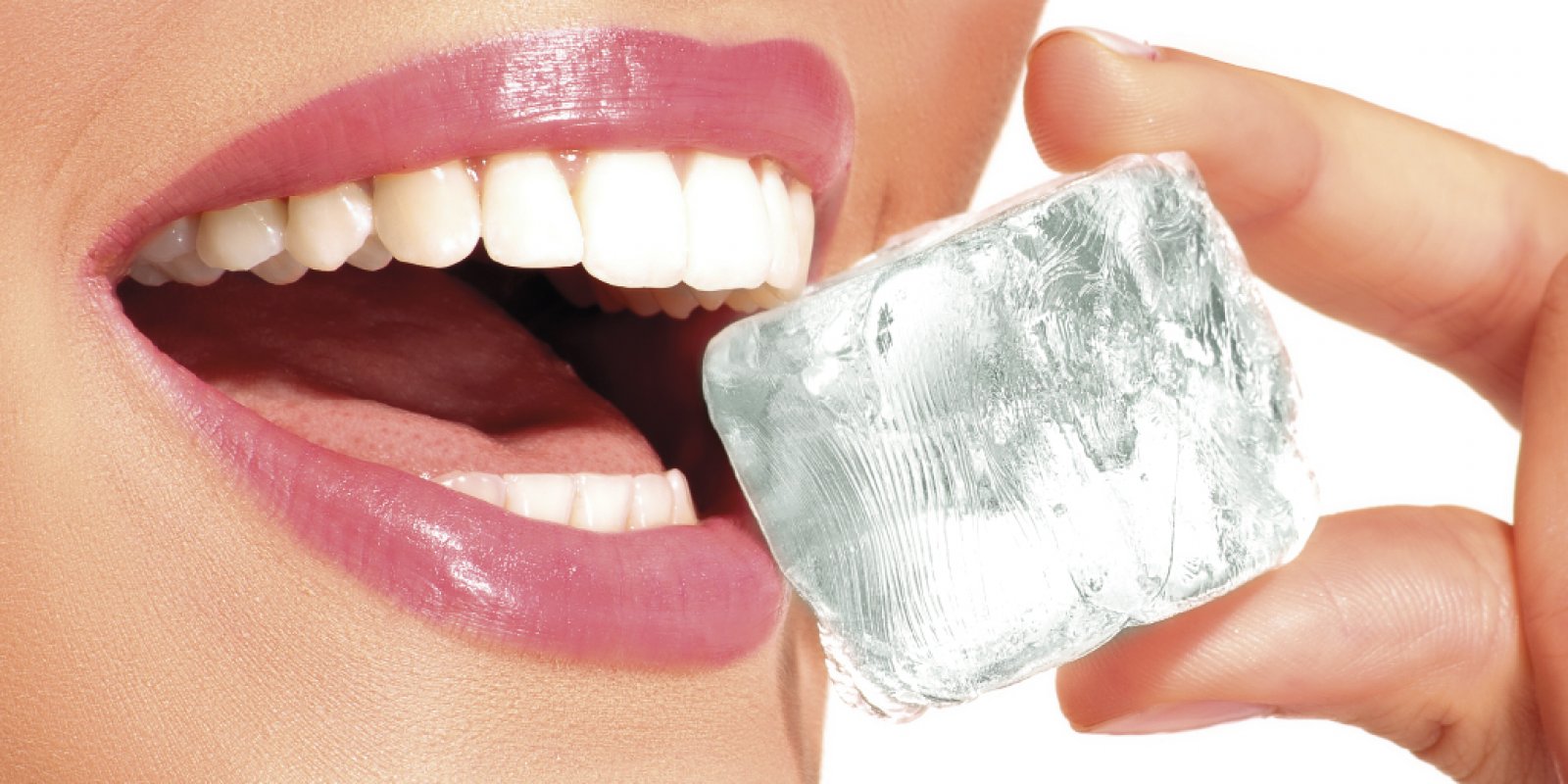Dr. Arabella Michelén
Monday, February 3, 2020
One of the most common questions patients ask dentists is, "Why do my gums bleed?"
To address this, let's first clarify: the gum tissue (gingiva) covers and supports the teeth. It is pale pink, firmly attached to the jawbone structures, but around each tooth, it remains unattached and follows the contours of the tooth necks.
Periodontics is the field of dentistry that studies all aspects of gum health, and a periodontist is a specialist in this area.
Healthy gums are coral pink, thin, knife-edged, have an orange peel texture, do not bleed under normal stimuli, and cover the tooth root completely.
Gingivitis and periodontitis are the two stages of periodontal disease. Gingivitis is reversible and leaves no lasting damage, while periodontitis involves the supporting tissues and damages tooth-supporting structures.
Bacterial plaque, or biofilm, is crucial in the development of periodontal disease. While predisposing factors exist, plaque is essential for the disease to develop. Therefore, oral hygiene through proper brushing, flossing, and mouthwash is the primary defense against periodontal disease.
With this background, we can answer: the main cause of gum bleeding is periodontal disease, specifically gingivitis and periodontitis.
Plaque builds up on the unattached part of the gums. If not removed daily, it triggers an inflammatory process that leads to spontaneous bleeding or bleeding when brushing.
Unfortunately, the number of periodontal patients is increasing, and their ages are decreasing. Decades ago, this condition was associated with older adults. Now, due to lifestyle changes, where children and young adults spend all day outside, not bringing an oral hygiene kit has become common, leading to diagnoses of gingivitis and periodontitis.
Today, the World Health Organization (WHO) considers periodontal disease a public health issue, even in economically developed countries. The Dominican Republic is no exception.
Other, though less common, causes of bleeding gums include vitamin K deficiency, leukemia, hormonal disorders, improper brushing force, and floss use.
Additional risk factors include physical difficulties with oral hygiene routines, certain systemic diseases (e.g., diabetes), hormonal changes in women, crowded teeth, mouth breathing, and poorly fitted dentures.
Patients often link bad breath with gum bleeding, which typically prompts them to consult a dentist, concerned about halitosis that limits their social life and causes embarrassment.
Thanks to this, periodontal disease is often diagnosed.
n the Dominican Republic, family health insurance provides 80% coverage for basic periodontal services. Regularly visit the dentist, follow their advice, and avoid becoming part of the rising number of periodontal disease patients.
In summary, the main cause of gingival bleeding is periodontal disease. The best way to prevent it is a proper oral hygiene routine, a healthy diet, and dental visits at least every six months.










